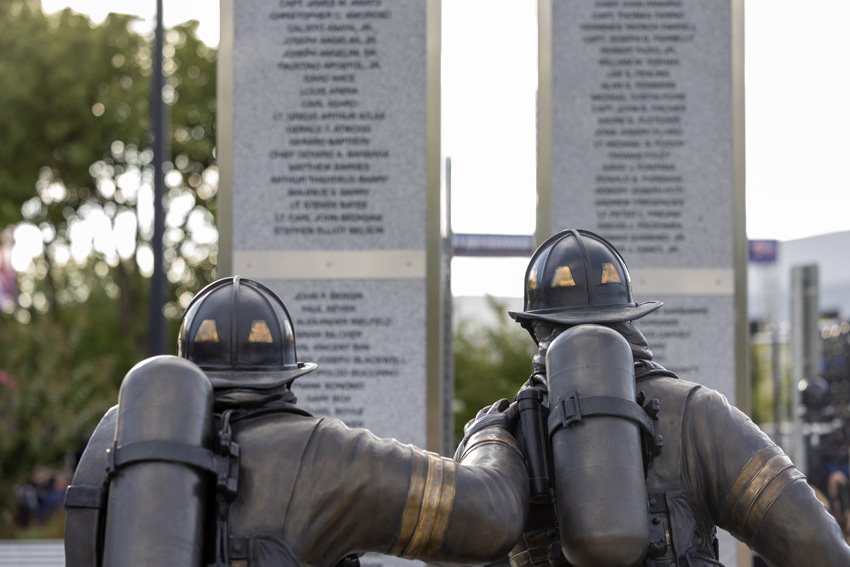California has retained its title of number one in agricultural production in the United States for 50 years. The Central Valley alone contributed 60 percent of California’s agricultural output. Within this campus many students are associated with agriculture without being distinguished by it.
Farmers have been the sole contributors to such outstanding agricultural statistics. Yet, these community backbones are often thought of as little more than a bunch of small town hicks.
“We aren’t a typical farm family in that we only raise crops for our own consumption rather than profit,” Jason Damn, ’06, said. “I have to do a lot of outdoor work since we don’t hire extra hands. However, aside from my extremely fit body, living on a farm hasn’t really affected me.”
Other students realize the benefits of working the land and take a sense of pride in their status as country residents.
“I would never want to live in the city,” John Stevenson, ’04, said. “Life’s better beyond Fresno’s city limits: the air’s clean, I can shoot anything on our property that moves and the hard work sets me apart from the average wimpy city boy.”
As with all things, farming has its ups and downs, specifically its sunshine and hail.
“It’s actually quite stressful growing grapes,” Jennifer Ficklin, ’04, said. “There aren’t many absolutes concerning when to plant or harvest. If we don’t correctly predict the weather we could lose an entire crop to a freeze or hail.”
Weather is not the only aspect, which farmers cannot afford to ignore. Diseases such as foot and mouth and mad cow plague the beef industry. The threat of insect invasions, by such creatures as the glassy winged sharpshooter keeps farmers on their toes.
Agricultural trades can also result in personal rather than financial tragedy.
“My great-grandfather, Emanuel Garupa, died due to a career in agriculture,” Brandon Diaso, ’05, said. “He made the change from livestock to almonds and was overexposed to pesticides each harvest season, throughout a period of eight years, leading ultimately to his demise.”
Agricultural students at this campus see themselves as students first and foremost, regardless of their family’s occupation.
“I’m just another teenager,” Derrick Lehman, 04. “I feel uncertainty, pride and pain, just like any other student.”
For more information on the San Joaquin Valley’s agricultural community go to http://cesanjoaquin.ucdavis.edu/Agriculture_and_Natural_Resources/ or try http://www.sarep.ucdavis.edu/News/9508APR.htm.






